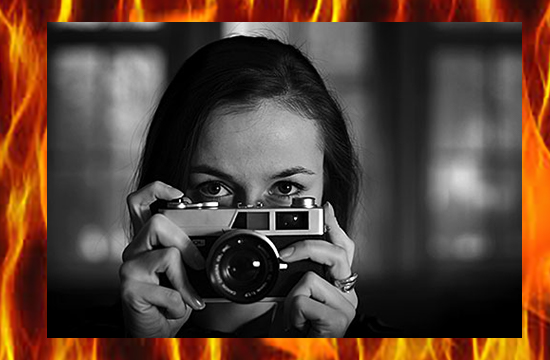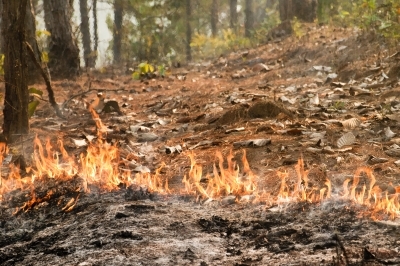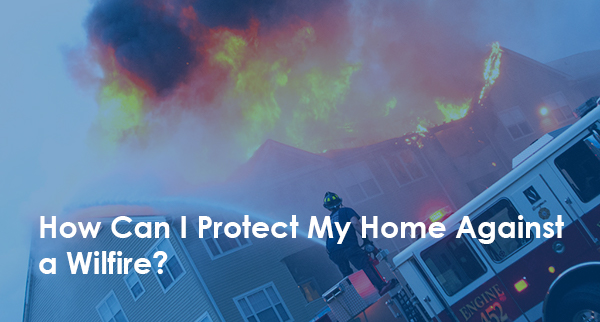So you know you live in a dry, hot drought ridden area and you want to be responsible when it comes to wildfires. You think you have the right type of insurance, but how would you make a claim in the event a fire takes place? Are there steps you can take beforehand to make it a smooth claiming process? The answer is a resounding yes.
The good news is that unlike flooding, fires are covered under most homeowners insurance policies. The question is how to make use of the policy before a disaster strikes.
While the common advice homeowners are given is to keep a log of all the items in their house, along with receipts, in a location away from the house, we now have cloud technology that stores everything in the ether so you don’t have to run around trying to figure out where to keep your inventory safe. Don’t forget to also store copies of your insurance policy and the contact information of your insurance agent!
The inventory log you create should be revisited each year, unless you have made zero purchases and no upgrades to your home since you last updated the log. The following are important steps to take:
- It’s important to appraise all jewelry to avoid questions later.
- For computers and other gadgets, remember to jot down serial numbers, model numbers, etc. (it’s better to overdo this part than to lose out because of a minor oversight).
- You should also make sure to take photographs of everything. Some people prefer to make a video log of their belongings instead of just using snapshots. Either one is fine; just make sure it’s good quality.
- Store your images in a safe place away from home, or better yet use a virtual file sharing and storage system that is secure. There are many cloud-based storage systems, but here are a few popular options:
After you’ve taken inventory and documented all your valuables, it’s important to sit and speak with your insurance agent. You may be under- or over-insured, depending on your current policy. You must make sure you are paying premiums on the right insurance to be paid out properly in the event of a disaster, so definitely don’t skip this step! 
The number one question to ask yourself is, does your policy cover for replacement cost or actual cash value – know the difference!
- Actual Cash Value: the amount it will cost to repair damage to a home and to replace its contents while allowing for depreciation of value.
- Replacement Cost: the amount it will cost to rebuild or replace a home and its contents with similar quality materials/goods, without depreciation deductions.
One policy is not superior to another. One makes sense for some people, not others. Make sure you evaluate what you have to see which one will benefit you better before you buy the policy.
In our next installment on wildfires, we will investigate what to do in the event that you are the victim of a fire. We will guide you as to how to proceed with your insurance company and how to get as much help as possible when your house becomes unlivable.
The information in this article was obtained from various sources. This content is offered for educational purposes only and does not represent contractual agreements, nor is it intended to replace manuals or instructions provided by the manufacturer or the advice of a qualified professional. The definitions, terms and coverage in a given policy may be different than those suggested here and such policy will be governed by the language contained therein. No warranty or appropriateness for a specific purpose is expressed or implied.


